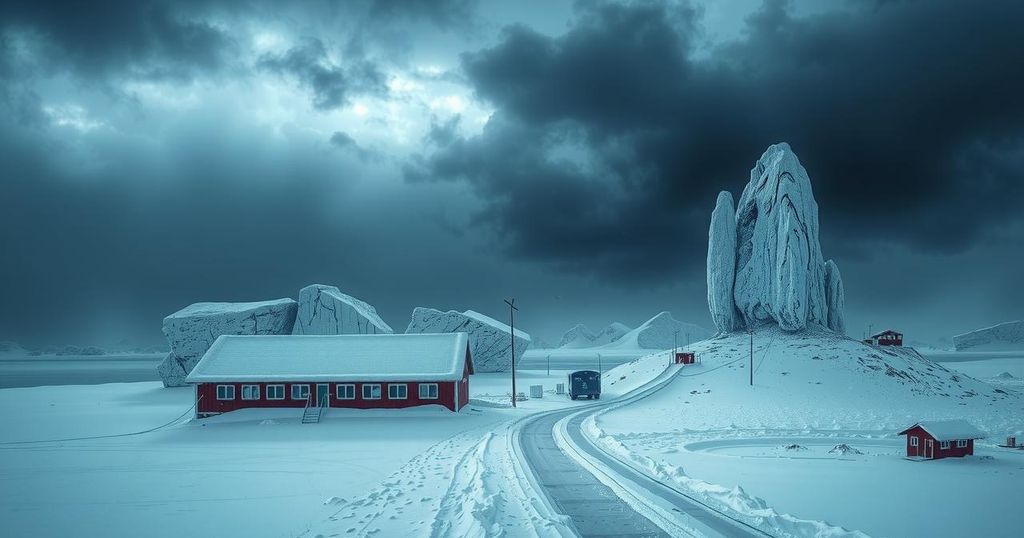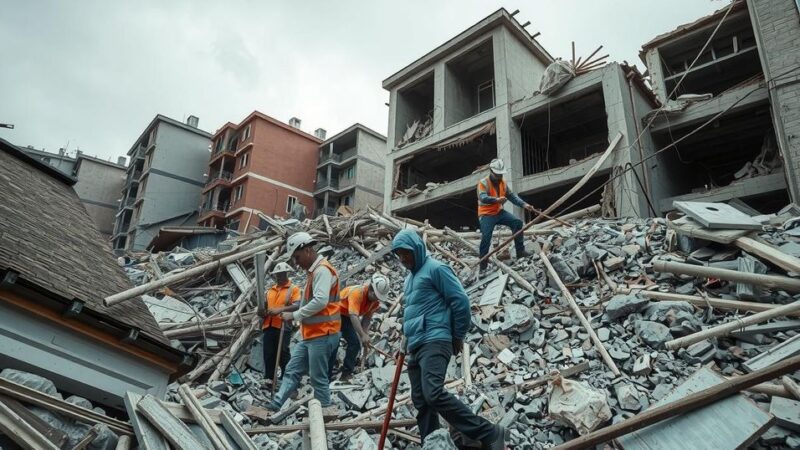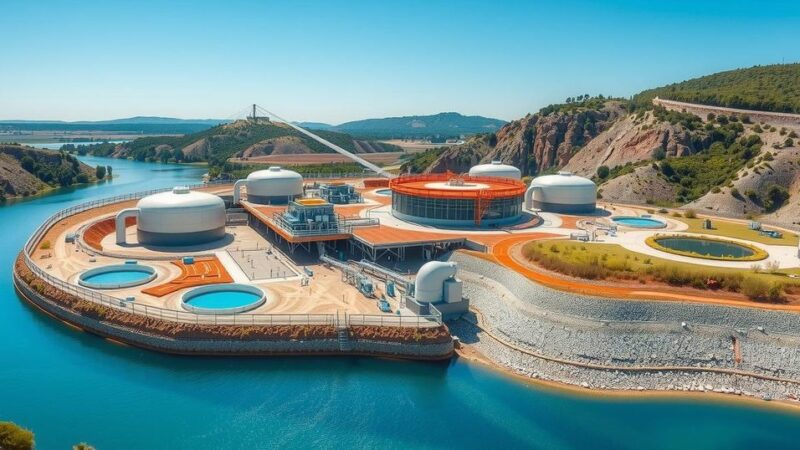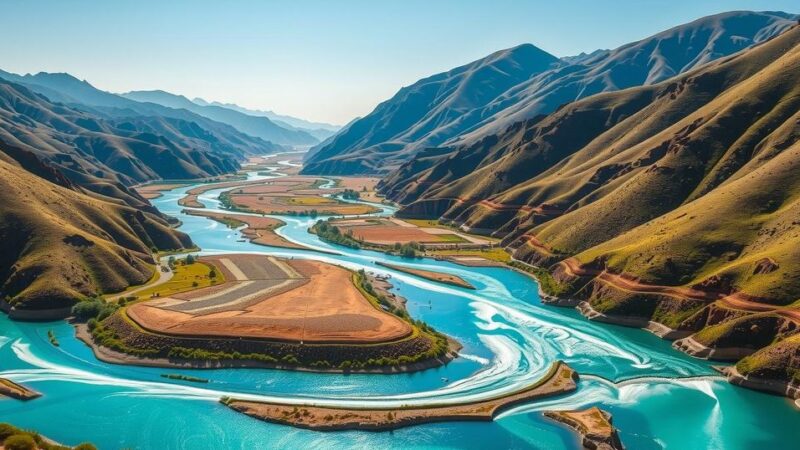Scientists at the Sanae IV research base in Antarctica report severe internal conflict, including assault allegations, as they remain isolated due to extreme weather. An urgent call for help has been made following reports of physical and sexual violence among team members, prompting government intervention. The psychological challenges of extreme isolation are also emphasized by experts.
A group of scientists at the Sanae IV research base in Antarctica is currently facing grave circumstances, with allegations of physical and sexual assault among team members. Isolated by severe weather and ice floes, they are unable to receive outside assistance, marking their situation as dire. One researcher conveyed a distressing message to South Africa’s Sunday Times, indicating that a team member physically assaulted another and issued death threats, fostering an environment of fear within the group.
The message emphasized the urgent need for intervention, noting: “Regrettably, [his] behaviour has escalated to a point that is deeply disturbing. Specifically, he physically assaulted [name withheld], which is a grave violation of personal safety and workplace norms.” Adding to the gravity of the situation, further allegations of sexual assault have been made against the individual. The letter urges immediate action to ensure the safety of all personnel involved.
The harsh conditions at the research site, which can reach winter temperatures of minus 23°C and wind speeds of up to 135 mph, compound the scientists’ predicament. Minister of Environment Dion George has announced plans to communicate with team members to assess their circumstances, recognizing that tensions naturally rise in such confined settings. He described the escalation of conflict between the team leader and the accused, explaining that cabin fever may significantly distort individuals’ behaviors.
Professional explorer Alan Chambers, who has firsthand experience in extreme isolation, remarked on the psychological toll such environments can take. He stated: “From a psychological perspective it’s a very very lonely place. There’s very little interaction with humans or animals so if you’re in a camp or a research centre you’re with those people for six months, if not a year.” Chambers elaborated that in such stark, monochromatic environments, behaviors can become exaggerated as minor issues can escalate into significant conflicts.
The South African government is expected to evaluate the situation further, although tangible assistance may not be feasible until the weather improves. Historically, the Sanae base has been operational since 1959 and South Africa governs research stations on Prince Edward and Marion Islands, underscoring its commitment to Antarctic research.
The dire situation faced by the trapped scientists in Antarctica highlights the extreme psychological and physical challenges present in isolated environments. With allegations of serious misconduct, the need for immediate intervention has become paramount. As the South African government assesses the situation, the scientists await necessary support amidst severe weather conditions, underscoring the complexities of conducting research in such harsh climates.
Original Source: www.lbc.co.uk






